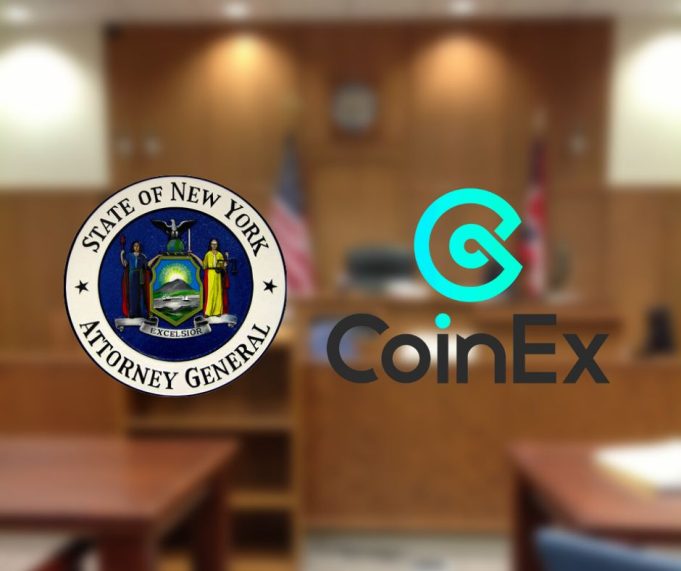The New York State Attorney General’s office has filed a lawsuit against crypto exchange CoinEx, alleging that it is an unregistered securities broker and commodity broker-dealer under state law. The complaint states that CoinEx did not register with the U.S. Securities and Exchange Commission (SEC), the Commodity Futures Trading Commission, or New York regulators prior to offering services in the state. The company, however, claimed to be an exchange on its website and offered services similar to those of national securities exchanges. The Attorney General’s office is seeking to stop CoinEx from operating in New York and to impose civil penalties.
CoinEx, a cryptocurrency exchange, is facing a petition alleging that it has listed tokens and services that qualify as securities and commodities under New York state law. According to the filing, the tokens fall within the Martin Act’s definition of commodities, which includes any foreign currency and other goods, articles, or materials. Furthermore, the tokens are also considered securities under the Martin Act, as they represent investments of money in common enterprises with profits to be derived primarily from the efforts of others. If the petition is successful, CoinEx could face legal action for its alleged violation of state law.
CoinEx, a digital asset exchange, is being sued by the New York Attorney General’s office for allegedly allowing New Yorkers to purchase and sell securities and commodities without a license. The NYAG is seeking full monetary restitution and disgorgement from CoinEx’s business in New York, as well as fees. The filing also claims that Flexa’s AMP, LBRY’s LBC, Terraform Labs’ LUNA and Rally’s RLY tokens are both securities and commodities under state law. CoinEx has refused to comply with the subpoena and is being asked to geofence New York by blocking local IP addresses and cease doing any business in the state.
CoinEx has been accused by the New York Attorney General’s office of failing to comply with a subpoena. The NYAG is seeking for CoinEx to geofence New York by blocking local IP addresses, cease doing any business in New York, provide full monetary restitution and disgorgement from its business in New York, and pay NYAG fees. If CoinEx fails to comply, the NYAG may take legal action against the exchange. This case highlights the need for cryptocurrency exchanges to comply with local regulations and take steps to protect their customers.













